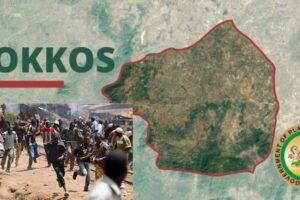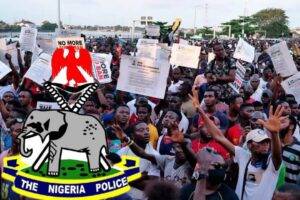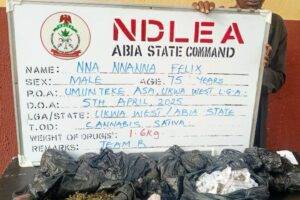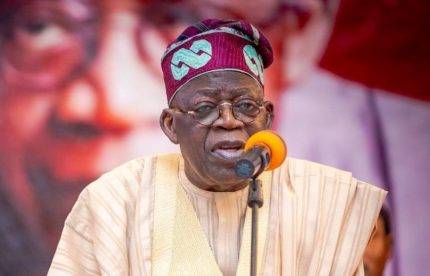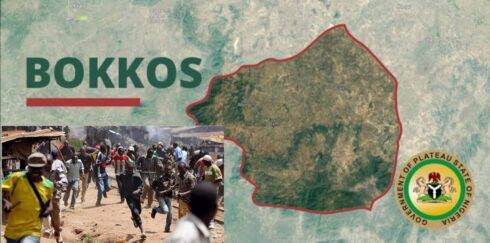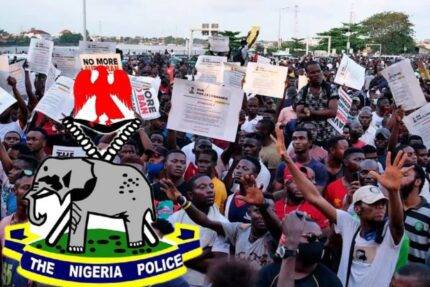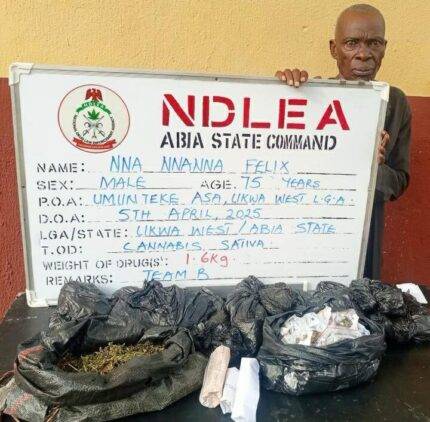President Bola Tinubu’s 72nd birthday has dawned, marking a significant milestone in his political journey. However, rather than lavish celebrations, the President opted for a subdued observance, eschewing any form of public fanfare. This decision underscores the seriousness with which President Tinubu approaches governance, especially during these trying times. As his administration reaches its 10th month, it presents an opportune moment to assess his leadership, character, and the state of the nation under his stewardship.
Upon assuming office, President Tinubu inherited a staggering economic crisis, with the nation’s economy teetering on the brink. His decisive actions, including the removal of the fuel subsidy and the consolidation of foreign exchange rates, though applauded by experts, initially led to a tumultuous period marked by rising inflation and increased commodity prices. Despite the initial challenges, the President’s unwavering resolve, coupled with prudent fiscal and monetary policies, gradually steered the economy towards stability.
President Tinubu’s tenure echoes his tenure as Governor of Lagos State, where he adeptly navigated through crises to leave behind a legacy of progress and development. His ability to thrive amidst adversity has been a hallmark of his political career, evident in his transformative leadership in Lagos State. This resilience, as noted by political analysts, seems to be a recurring theme in President Tinubu’s governance style, allowing him to emerge victorious even in the face of daunting challenges.
Economic Resurgence: Navigating Towards Stability
Despite the initial economic turbulence, signs of recovery are beginning to emerge under President Tinubu’s administration. The Nigerian currency has shown resilience, with the naira witnessing a steady appreciation against the dollar. The recent intervention by the Central Bank of Nigeria, coupled with measures to tighten liquidity, reflects a concerted effort to shore up the value of the naira and stabilize the economy.
Moreover, notable improvements have been observed in key economic indicators, such as capital importation and external reserves. The surge in capital inflows, combined with the clearance of foreign exchange backlogs, signals a renewed sense of confidence in the Nigerian economy. These developments, coupled with prudent monetary policies, bode well for the nation’s economic trajectory under President Tinubu’s leadership.
As Nigeria navigates through these challenging times, President Tinubu’s steadfast leadership and strategic vision offer hope for a brighter future. While the road ahead may be fraught with obstacles, the President’s resilience and commitment to transformative governance continue to inspire confidence in the nation’s ability to overcome adversity and emerge stronger than before.
President Tinubu’s Governance: A Journey of Courage and Compassion
President Tinubu’s tenure has been marked by significant strides, ushering in a transformational era amidst challenging circumstances. With a blend of courage, determination, and strategic decision-making, his administration has navigated through economic downturns, reminiscent of his tenure as Governor of Lagos State. From grappling with security challenges and fiscal constraints to initiating bold reforms, Tinubu’s leadership style reflects resilience and a commitment to improving the lives of citizens.
During his gubernatorial years, Tinubu confronted myriad crises head-on, steering Lagos State towards progress and prosperity. Despite inheriting a struggling economy and facing resistance from trade unions, his administration left behind a legacy of infrastructural development and social services. This resilience and capacity for transformative leadership have been evident throughout his political career, shaping his approach to governance at the national level.
President Tinubu’s compassion and empathy for the populace have also defined his leadership ethos. On his 72nd birthday, he eschewed grand celebrations, directing resources towards charitable causes, mirroring his past decisions to prioritize public welfare over personal festivities. This selfless gesture resonates with his previous actions, such as canceling birthday events during the COVID-19 pandemic and honoring victims of tragic incidents.
Economic Resilience and Strategic Reforms
Amidst economic challenges, President Tinubu’s administration has pursued bold reforms to revitalize the economy. Despite initial setbacks following the removal of fuel subsidies and currency unification, strategic fiscal and monetary policies have gradually restored stability and confidence. The president’s steadfast approach, coupled with competent economic management, has led to positive indicators, including currency appreciation and increased capital inflows.
Furthermore, initiatives such as the Pulaku project and state police reforms underscore President Tinubu’s commitment to addressing root causes of societal conflicts and fostering national unity. By allocating funds for community development and implementing palliative measures, his administration demonstrates a proactive stance towards improving livelihoods and mitigating economic hardships. Moreover, partnerships with private enterprises, exemplified by Air Peace’s intervention in reducing airfares, highlight collaborative efforts towards socio-economic development.
President Tinubu’s governance epitomizes resilience, compassion, and strategic vision. Despite facing daunting challenges, his administration has shown remarkable progress in steering the nation towards prosperity. As citizens, it is imperative to support these efforts and emulate the spirit of service and innovation exemplified by leaders like Tinubu.
Table of Contents
Discover more from OGM News NG
Subscribe to get the latest posts sent to your email.

